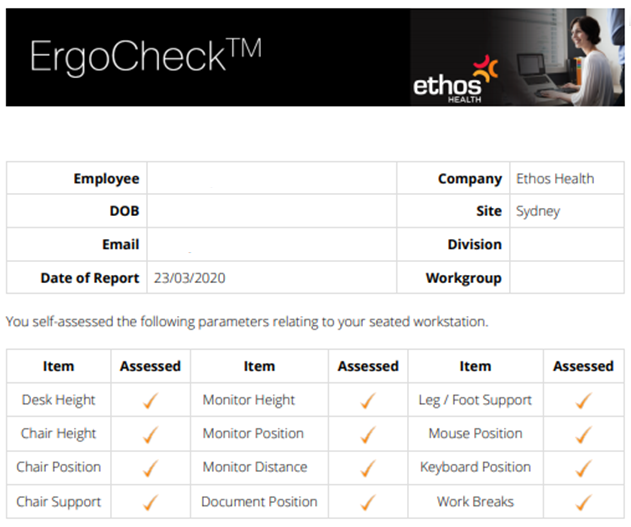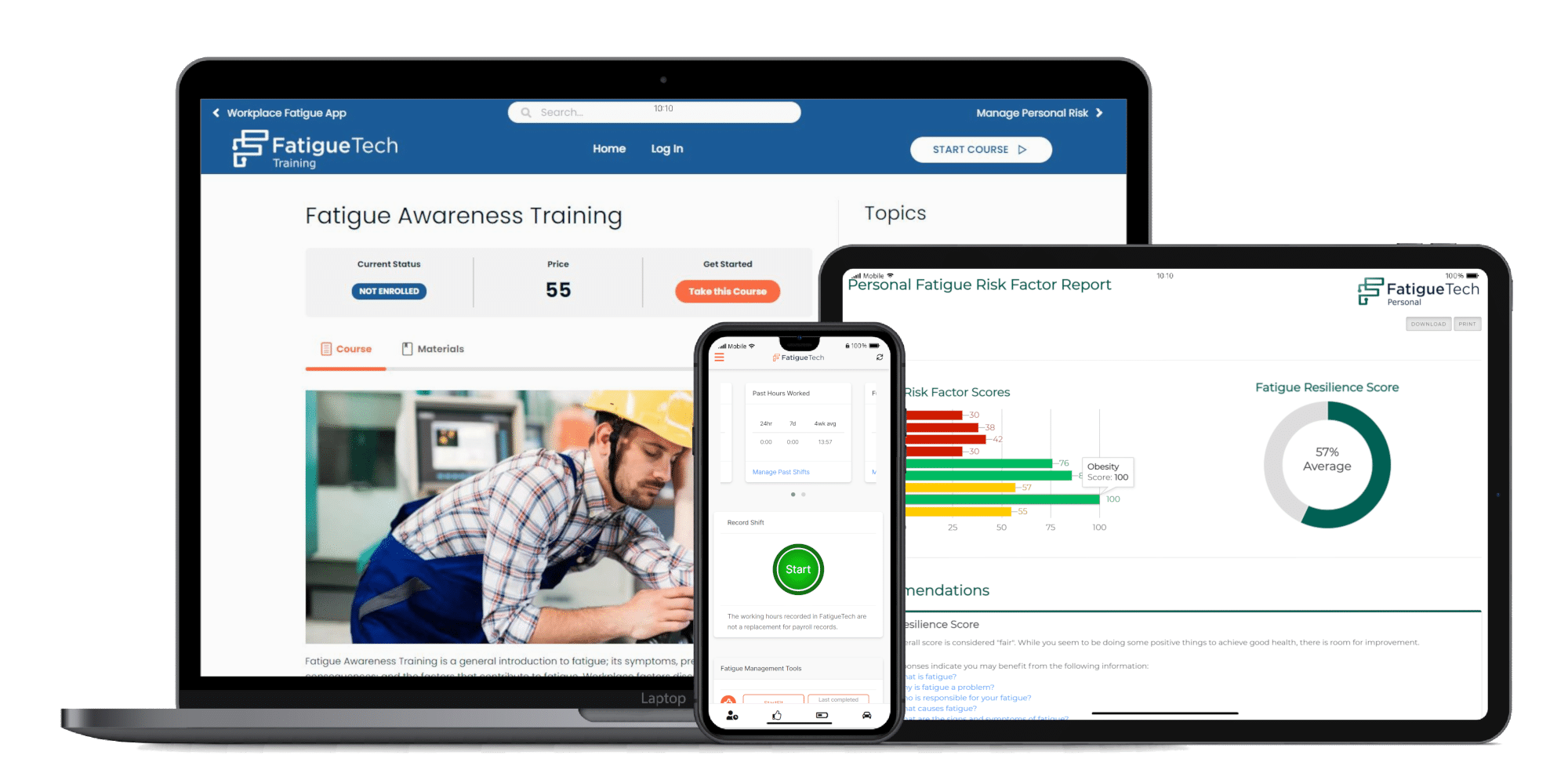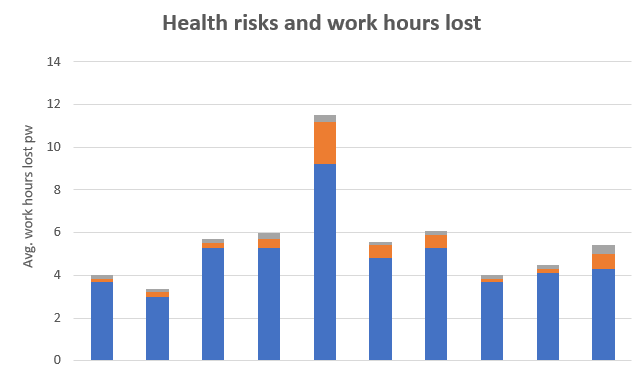Top 10 Healthy Sleeping Tips

Like oxygen, water and food; sleep is essential for life, as well as for health and wellbeing.
The following 10 tips will help you maximise sleep quality and quantity.
1. Stick to a bedtime routine
Two factors regulate sleep and wakefulness:
- Our 24-hour circadian rhythm
- The sleep pressure caused by continuous wakefulness
It is the combination of both that means after 16-17 hours of wakefulness, and when the sun goes down, most adults are ready to sleep. The 7-8 hours sleep after a 16-17 hour period of wakefulness is required by most adults for sleep, in order to wake feeling vigilant and alert the following day. Any less than 7-8 hours sleep leaves most people feeling tired and lethargic. A consistent bedtime routine not only provides sufficient sleep time to satisfy the physiological sleep drivers but also provides the psychological confidence and control to get a good quality sleep.
2. Relax and avoid stimulating activities before going to bed (e.g. vigorous exercise & social media)
Devoting some time before bed to reflect on the day’s events and plan the days ahead may help avoid worrying about it when our head hits the pillow. It is recommended to do something relaxing (e.g. reading a good book, taking a warm bath) to guide our thoughts in a positive direction rather than social media and screens which can fuel the desire for more information and social interaction which will make it harder to get to sleep. Further, gazing at the blue/white light of screens can further inhibit the release of melatonin and make it harder to get to sleep. Light to moderate exercise can be a relaxing activity for some people and assist them get to sleep. For most people vigorous exercise and its metabolic stimulus will delay a person’s ability to get to sleep, so avoid high intensity exercise too close to bedtime.
3. Avoid caffeine and nicotine too close to bed
Caffeine and nicotine are both stimulants which can reduce our ability to get to sleep and impair a normal restorative sleep pattern. Limiting caffeine to 3-4 drinks during the day and avoiding caffeine 3-4 hours prior to attempting to go to sleep will help reduce the negative impact of caffeine on sleep. Quitting or reducing smoking will improve sleep quality.
4. Avoid alcoholic drinks before bed
A lot of people report that a ‘few’ drinks helps them go to sleep. Alcohol is a depressant and can relax us, reducing worry or rumination prior to going to bed. However, whilst alcohol puts you to sleep, it robs you of your vital REM sleep. Alcohol can contribute to impaired breathing during sleep due to its depressant effect on the muscles in your throat, and you are more likely to wake during the night with the need to pee due to its diuretic effects. The impact of alcohol on sleep gets worse the more you drink. Avoiding alcohol or limiting it to two standard drinks is generally a good policy when it comes to sleep.
5. Avoid large meals or lots of fluids
Large meals can cause an uncomfortable feeling of fullness or indigestion, both which can impair our ability to get to sleep or wake up. Drinking large amounts of fluid prior to bed will likely have you wake to urinate which will disrupt sleep. Reduce the size of your meals before sleep and eat to be comfortably satisfied. Limit fluid to 1-2 cups prior to bed.
6. Take medication only as prescribed by a medical professional
There are a variety of medications that are known to affect sleep which might be doctor-prescribed, over the counter or “natural” remedies. Sleeping pills are prescribed depending on the aspect of sleep that is affected (e.g. getting to sleep, staying asleep) and their interactions with other medications will affect the type, strength and duration of prescription. Thus, it is important to take medication prescribed only by a qualified medical professional; if you have concerns that the medication you are taking is impacting your sleep, seek further advice.
7. Avoid naps, particularly in the afternoon
Whilst naps have proven benefits of alertness for those who have impaired sleep, napping can subsequently impair our ability to get to sleep and/or our ability to maintain our continuous restorative sleep.
8. Create a comfortable, cool, dark, quiet environment for sleeping
A comfortable mattress and suitable pillow, as well as linen appropriate for the climate, are obvious prerequisites for good sleep. Those doing shift work may need to take additional steps to minimise light, noise and establish an ideal temperature. Light proofing your sleeping environment can be done using blankets, foil, heavy material/drapes, or a sleeping mask. Noise proofing options includeinsulation, earplugs or white noise, which can be used to block or dampen all sound. Everyone has had the experience of having difficulty getting to sleep on a hot night. The ideal room temperature for sleeping is 18 to 24°C. A fan or air conditioner can be used create this environment and will double for some white noise.
9. Have 30 minutes of sunlight exposure (preferably in the morning)
Sunlight is a key regulator of our urge to sleep. Ultraviolet light inhibits melatonin secretion which means we feel more alert during the day, and sleepier at night when the sun goes down and your body makes more melatonin. Exposure to sunlight provides the necessary day-night routines. For shift workers it is recommended to wear dark glasses coming off night shift to avoid the exposure to sunlight (See also the Optimising sleep for shift worker information sheet).
10. Don’t lie in bed awake and worry about getting to sleep
In today’s world where information is available 24/7, one of the few times we stop our constant pursuit of information and provide ourselves some time to self-reflect is when our head hits the pillow (e.g. what did I do today…what did I forget…what do I need to do tomorrow…am I going to get enough sleep to avoid being impaired tomorrow [when we might start doing the maths in our head!]). No wonder for some it is difficult to get to sleep. If you are finding it difficult to get to sleep some of the following might help
- Address anxiety-provoking thoughts by 1) focusing on more pleasurable things 2) writing a list of your thoughts so that you can pick them up again in the morning.
- Remove visible clocks
- Accept that some sleep is better than none and that your sleep urge will be greater the next night
If you are impaired due to a lack of sleep, put precautions in place such as; take more regular breaks, self-pace your tasks and avoid high risk tasks.







